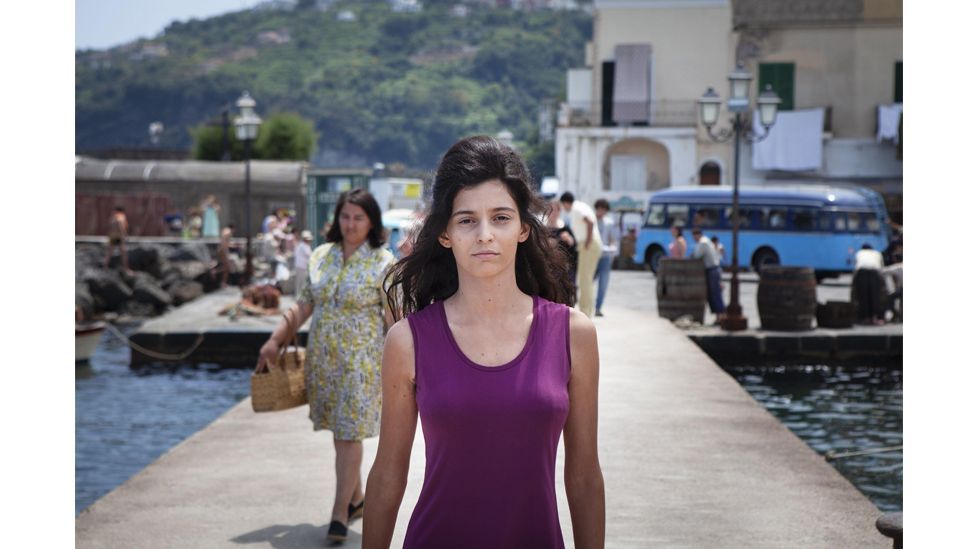For some, the author’s decision to remain anonymous added extra allure – though when a journalist claimed to have unmasked her in 2016, fans angrily defended her right to privacy. In a letter to her publisher when she was first signed, Ferrante explained her decision, saying: “I believe that books, once they are written, have no need of their authors. If they have something to say, they will soon find readers; if not, they won’t.”
They certainly found them. To date, the Neapolitan novels have sold 15 million copies worldwide, are published in 45 languages, and have been adapted into a critically-acclaimed TV series (the second season aired earlier this year). There’s even a booming Ferrante tourism industry in Naples.
As impressive as all this is, her impact goes deeper. “Here is a writer who is telling the truth,” says Jonathan Franzen in the 2019 documentary, Ferrante Fever – and Ferrante’s truth is more unflinching than most. Whether writing about female friendships, adolescence, sex, motherhood, marriage or class, she is breathtakingly bold in both the detail and the honesty with which she tackles her subjects.
“Her writing is completely uncompromising, which is something that has been helped, I think, by the fact that she protects her identity,” Ferri tells BBC Culture. As one of the few people with a direct line to the author, Ferri is not just her publisher but also her protector (as a teenager attending parties and book fairs with her parents, Ferri would be offered drinks by people in a bid to extract information about the author from her). “She feels free and she is free to speak in a way that is completely direct.”
Hearts and minds
It is not uncommon to hear Ferrante fans say that the writer has somehow got inside their head – that they recognise in her words parts of themselves they have never seen expressed on the page before. Maggie Gyllenhaal, who is adapting Ferrante’s third book, The Lost Daughter, into a film starring Olivia Colman and Dakota Johnson, said of her reaction when reading the book: “I have never heard these things articulated before. There was one point where I was like, ‘This woman is so fucked up’, and then I was like, I totally relate to her.”





